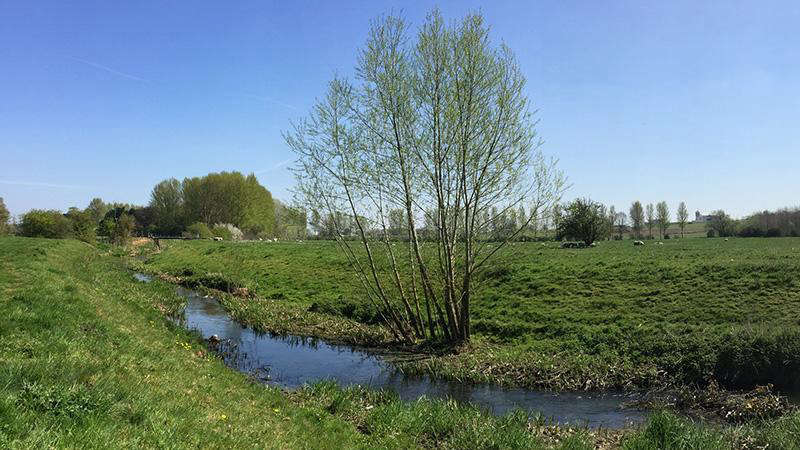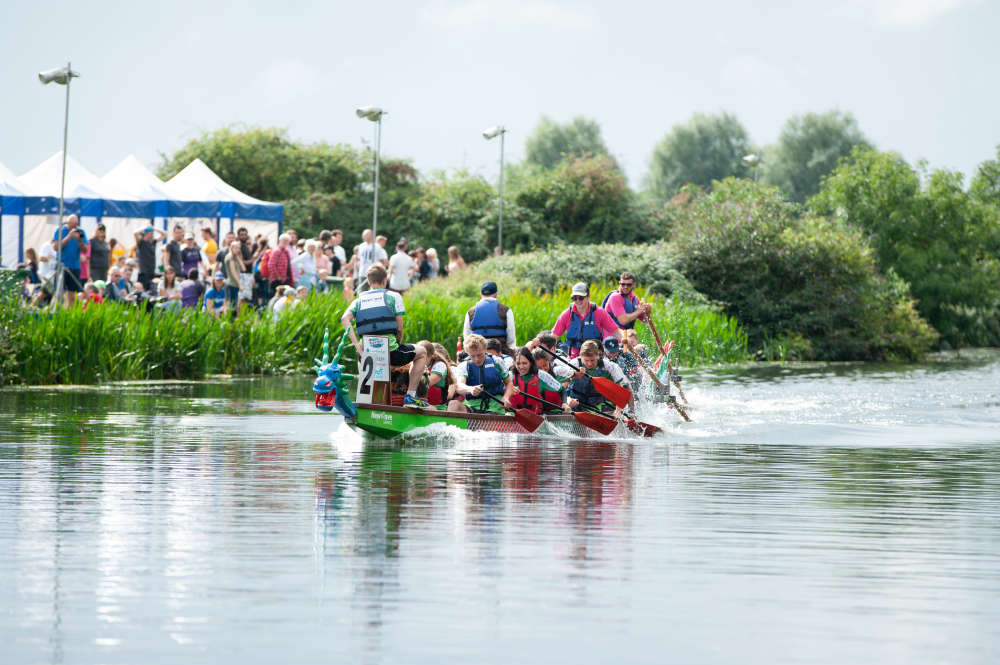
West Northamptonshire Council is taking the lead on fresh plans to halt the decline of local habitats, joining up with local partners to produce a Local Nature Recovery Strategy (LNRS).
At their recent meeting, members of the Council’s Cabinet agreed to progress proposals for the new strategy which will set out plans to restore local natural habitats. It will be evidence-based, locally led and collaborative. The idea is to bring together a plan that public, private, and voluntary sectors can all help to inform and deliver. This will provide a locally owned foundation to developing and underpinning a national Nature Recovery Network.
The longer term restoration of earmarked natural habitats across West Northants will enable species to thrive; as trees are planted and peatlands restored. This will ultimately mitigate flood and fire risks, and create green spaces for local people to enjoy.
The Council has received £16,000 towards the preparation of its strategy, with more on its way to cover what is estimated to be two years’ work leading up to publication.
“The UK has suffered long-term decline in nature and various steps have been taken locally and nationally to address this, but undoubtedly more is needed. We have reached a critical juncture and no longer is it sufficient to protect the remnants that we have left - but must now step up to the huge task of securing recovery.Phil Larratt, Cabinet Member for Environment, Transport, Highways and Waste
“If we wish to have rich and abundant wildlife, more carbon captured in trees, soil and hedges, better protection from extreme weather and enough places for people to gain the wellbeing benefits of good quality green spaces, then we must invest in nature’s recovery, and at scale.
“West Northamptonshire Council being appointed as responsible authority for preparing our own local nature recovery strategy (LNRS) is a great opportunity for us. The work will help bring a broad range of groups together; from farmers to businesses to local communities, – to deliver priorities for nature recovery at a local level. We look forward to working with our partners to create bigger, better, and more connected natural places to halt and then reverse the decline in our environment.”
The strategy is part of a national vision which informed the Environment Act 2021. On a local level WNC will continue to participate in all-Northamptonshire nature arrangements, especially the Local Nature Partnership, giving stakeholders efficient means of engagement.
Notes to editors:
- In 2018 the UK Government adopted a 25-year Environment Plan which seeks “to leave that environment in a better state than we found it and pass on to the next generation a natural environment protected and enhanced for the future.” This included proposals to develop a Nature Recovery Network.
- The LNRSs will underpin the new Nature Recovery Network (NRN) – a flagship element of the Government’s 25 Year Environment Plan.
- The long-term vision is to benefit people and wildlife by increasing, improving and joining-up wildlife-rich places across England. It will create or restore hectares of wildlife habitat outside protected sites, more effectively linking existing protected sites and landscapes, as well as urban green infrastructure (such as trees, hedgerows, parks, fields, forests) and urban blue infrastructure (such as rainwater tanks, bioswales, rivers, canals, ponds, wetlands, and floodplains).


 Local news content from CItiblog - read more at
Local news content from CItiblog - read more at  Pallets of Hope Campaign Delivers £40,000 of Support to Families Across Milton Keynes and Northampton
Pallets of Hope Campaign Delivers £40,000 of Support to Families Across Milton Keynes and Northampton
 True crime expert from Olney nominated for national awards
True crime expert from Olney nominated for national awards
 Why Modernising Contract Drafting and Review Processes Matters for Business Growth
Why Modernising Contract Drafting and Review Processes Matters for Business Growth
 Countdown is on to Northampton Dragonboat Festival 2024
Countdown is on to Northampton Dragonboat Festival 2024
 Help to identify Kingsthorpe Man known as 'Terrance'
Help to identify Kingsthorpe Man known as 'Terrance'
 Totectors celebrate awards success
Totectors celebrate awards success
 Charity Single is a big hit
Charity Single is a big hit
 Have Your Say On Measures To Promote Responsible Dog Ownership
Have Your Say On Measures To Promote Responsible Dog Ownership


Comments
Add a comment